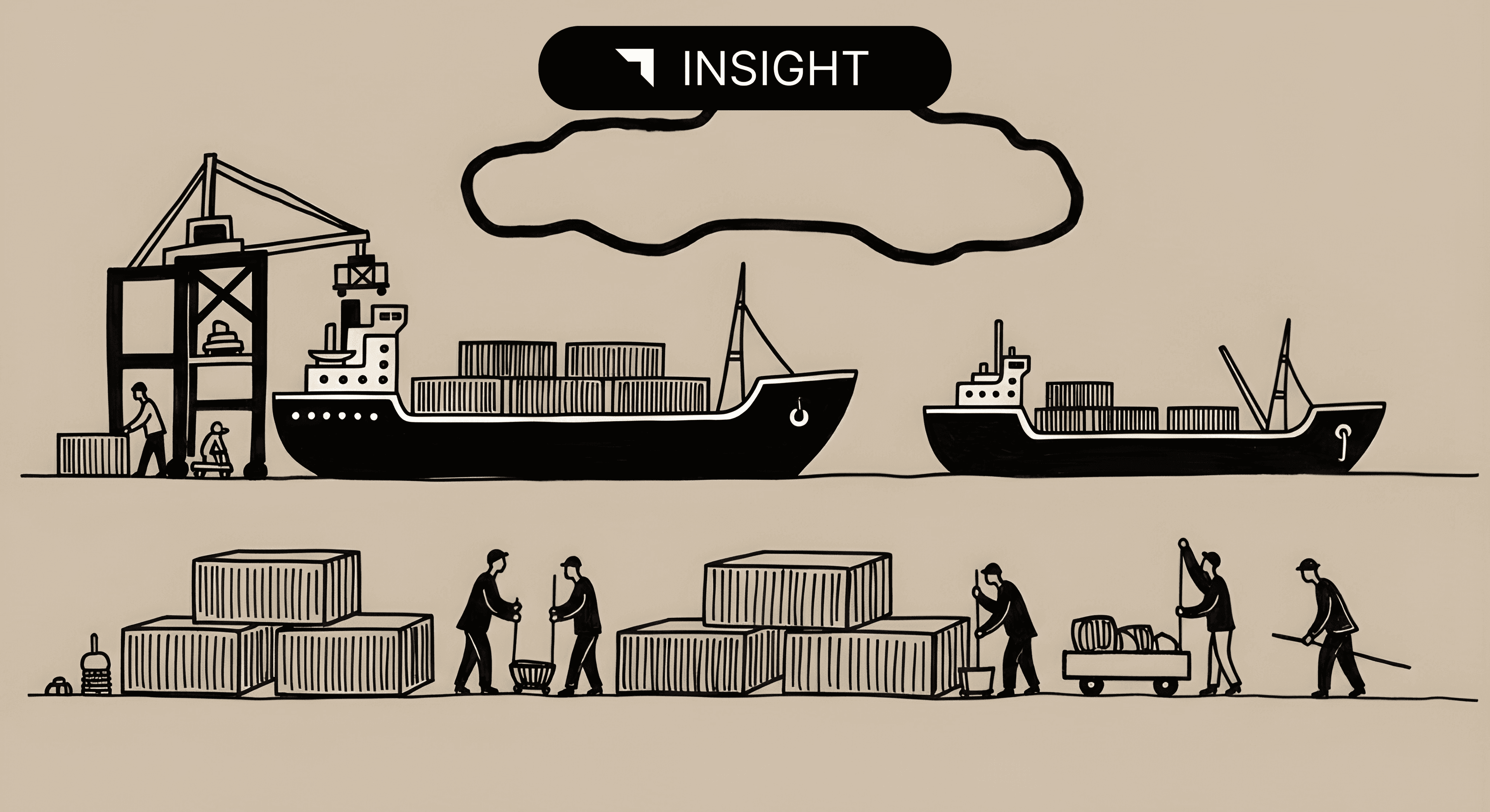
The Five Most Overlooked Dutiable Additions in Customs Valuation
Accurate customs valuation goes beyond the invoice price.
Under U.S. Customs law, the transaction value must include not only the price paid or payable but also specific dutiable additions that directly or indirectly benefit the seller.
Missing these additions can lead to underpayment of duties, post-entry corrections, and penalties for negligence.
Here are the five most commonly overlooked additions that importers should understand and document properly.
1. Assists: Materials, Components, and Design Work
“Assists” are items or services provided by the buyer to the manufacturer free of charge or at a reduced cost for use in producing the imported goods.
These must be added to the customs value even when they are not separately invoiced.
Examples include:
- Components, materials, or parts supplied by the buyer
- Engineering, design, or development work performed abroad
- Molds, dies, or tooling used in manufacturing
Customs requires that the value of each assist be apportioned to the goods produced, based on reasonable accounting methods.
2. Royalty and License Fees
Royalties are often misunderstood.
They are dutiable when they are a condition of sale for export to the United States — meaning the buyer must pay them to purchase or use the goods.
Ask the following to determine if royalties are dutiable:
- Would the buyer still pay the royalty if the goods were not imported?
- Is the payment required by the sales agreement?
- Is the royalty paid to the seller or to a party related to the seller?
If the answer to any of these is yes, Customs likely considers the royalty part of the dutiable value.
3. Proceeds of Subsequent Resale
If the seller receives any share of proceeds from the resale, use, or disposal of the imported goods, those payments must be added to the customs value.
Common examples:
- A supplier earns a percentage of U.S. resale profits
- The importer pays a post-importation commission or rebate to the seller
These payments are viewed as proceeds that accrue to the seller, even if made after importation.
4. Packing Costs
Packing may seem minor, but it is explicitly included in customs value.
All materials and labor used to prepare goods for export are dutiable.
Examples:
- Boxes, crates, pallets, wrapping, or protective materials
- Labor costs for assembling or securing goods for shipment
- Outsourced packing services paid by the importer
Packing costs must be included whether billed separately or bundled into the total price.
5. Selling Commissions
Commissions paid by the buyer to the seller’s agent are dutiable, even if the payment is indirect.
In contrast, buying commissions paid to the buyer’s own agent are not.
To determine which applies, consider who controls the agent:
- If the agent represents the seller, the commission is dutiable.
- If the agent acts independently on behalf of the buyer, it is not.
Proper documentation of agent roles is essential to defend this distinction during an audit.
The Importance of Complete Valuation
Incomplete customs values create hidden risk.
CBP may reappraise entries, demand additional duties, or issue penalties for negligence or fraud.
To meet the reasonable care standard, importers should maintain clear documentation that shows how each addition was identified, valued, and applied.
Best Practices for Compliance
- Review all supplier agreements and invoices for hidden cost elements.
- Identify non-invoiced contributions such as assists or royalties.
- Maintain valuation worksheets showing calculations and apportionment methods.
- Align internal accounting and customs data to ensure consistency.
- Periodically audit import valuations for accuracy and completeness.
Conclusion
Dutiable additions are not optional details; they are integral to determining the true customs value.
Assists, royalties, proceeds, packing, and commissions can all change the duty owed on an import.
Understanding and documenting them carefully ensures that your company remains compliant, transparent, and prepared for any Customs review.


